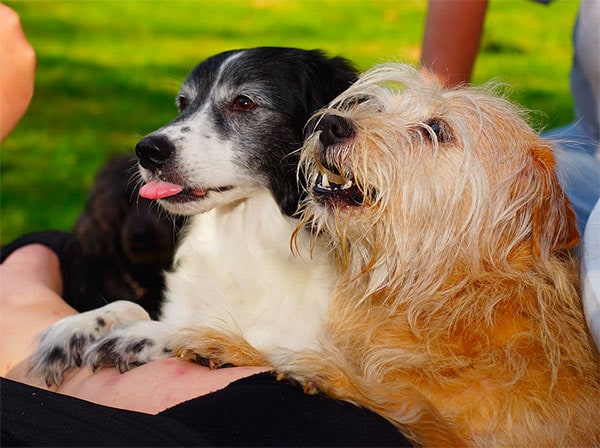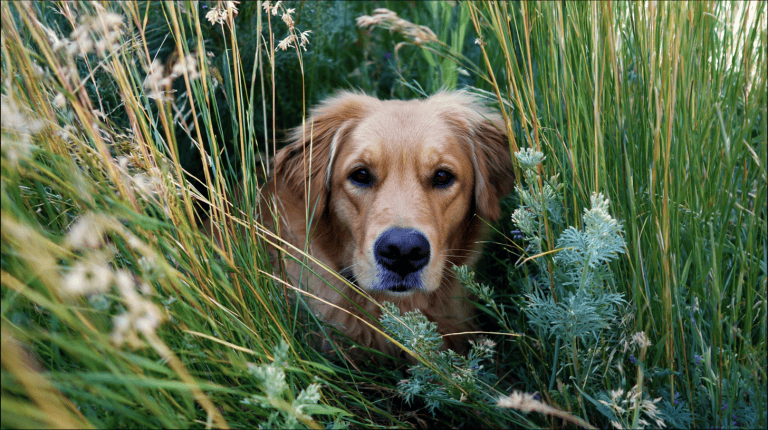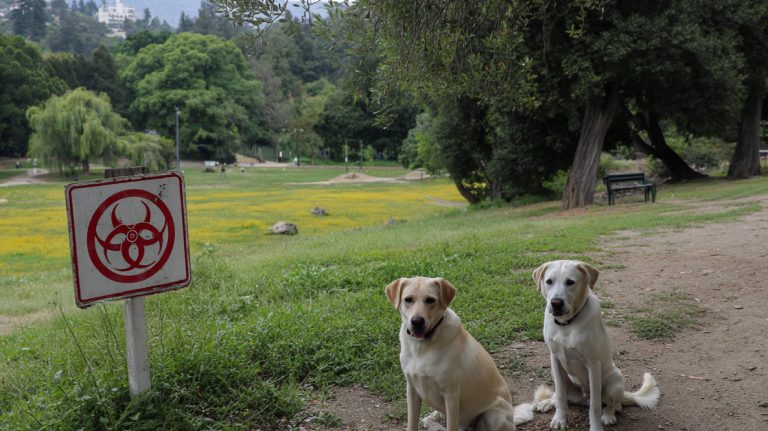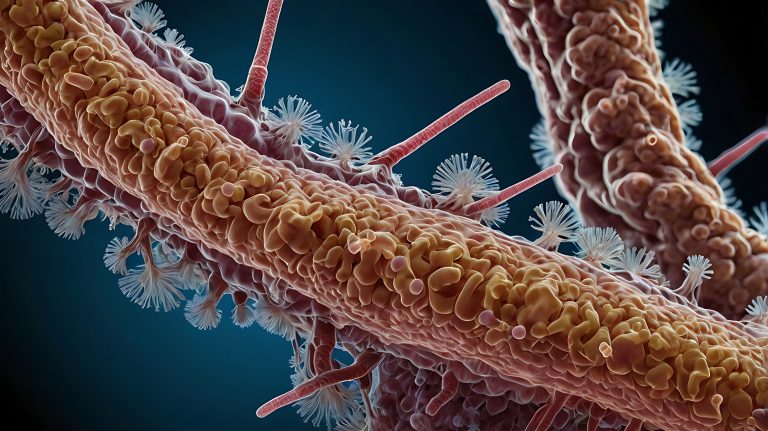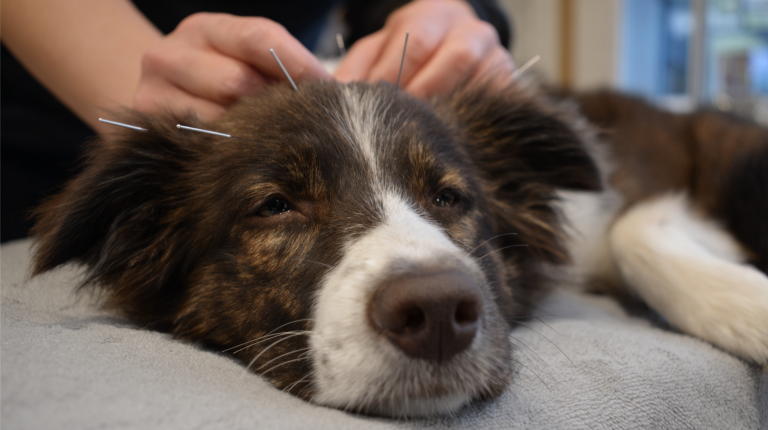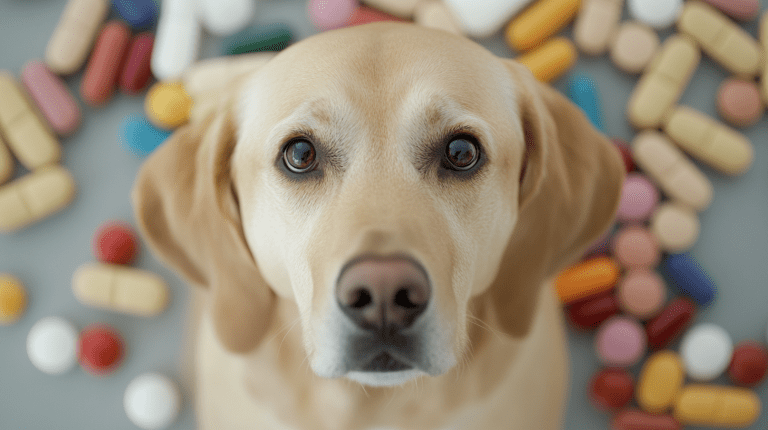By Gary Richter, MS, DVM, CVA, CVC, GDVWHM, Holistic Veterinary Care, Oakland, CA
Xylitol is a commonly used artificial sweetener found in a wide range of products for people. Xylitol is present in sugar free gum, candy, low calorie foods, and even some medications. From a human perspective xylitol is desirable because it can satisfy our sweet tooth and for diabetics, it provides a means to sweeten foods without sugar. Unfortunately, the same xylitol that makes sugar free foods tasty can be a deadly treat for dogs.
When dogs ingest products containing xylitol, the compound is absorbed very quickly and tricks their body into thinking they have ingested large amounts of sugar. Under normal circumstances, insulin serves to keep blood sugar levels normal by pulling excess sugar out of the blood stream. When xylitol is ingested however, insulin is released under false pretenses and the result is a massive drop in blood sugar that can be life threatening.
In addition to dangerously low blood sugar, xylitol also affects liver function in dogs. Specifically, it leads to severe liver damage that can result in severe bleeding and liver failure.
It only takes a very small amount of xylitol ingestion to cause signs of toxicity in dogs. Symptoms include vomiting, diarrhea, weakness, and lethargy. In severe cases, seizures due to low blood sugar are possible.
Symptoms of xylitol ingestion can occur very soon after ingestion although it can take as long as 12 hours depending on the amount of xylitol ingested and what form it was in. Any dog suspected of ingesting even a small amount of xylitol should be seen by a veterinarian immediately. Early treatment is the key to a good outcome. Treatment frequently includes supportive care such as IV fluid therapy, maintaining blood glucose, and beginning therapy to protect liver function.
The widespread availability of products containing xylitol makes for a potentially dangerous situation for dogs but poisoning is preventable. Consider not keeping products with xylitol in your house to avoid accidental ingestion. At the very least, take every precaution to keep any foods or medications containing xylitol away from pets. Remember, it tastes good so they won’t hesitate to help themselves.

